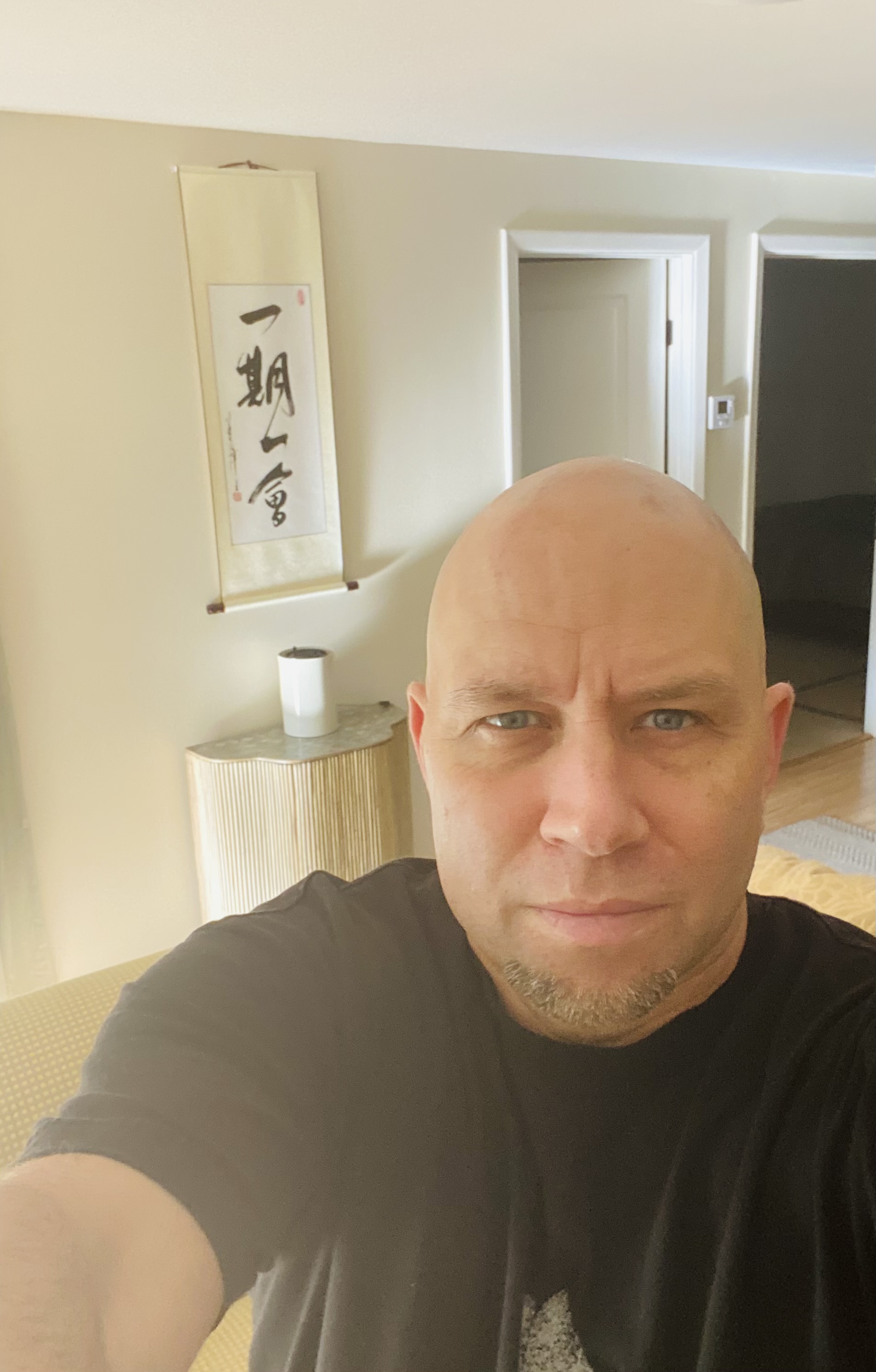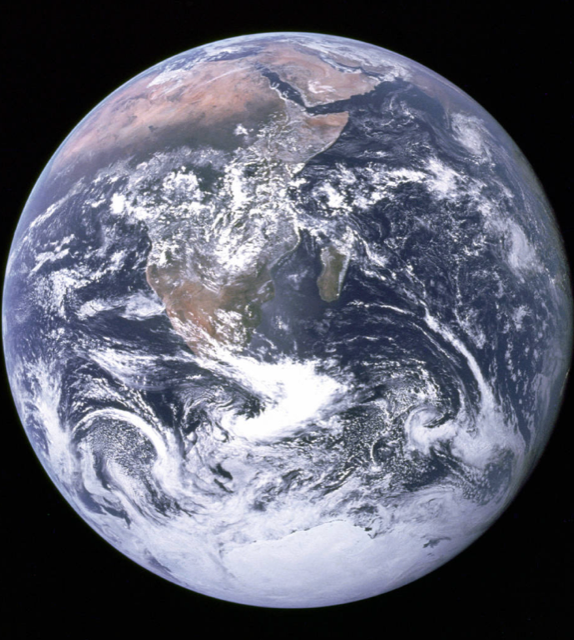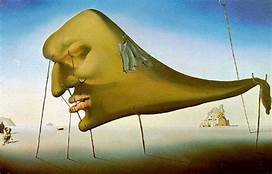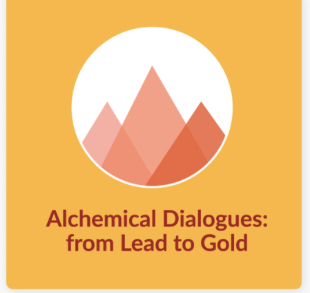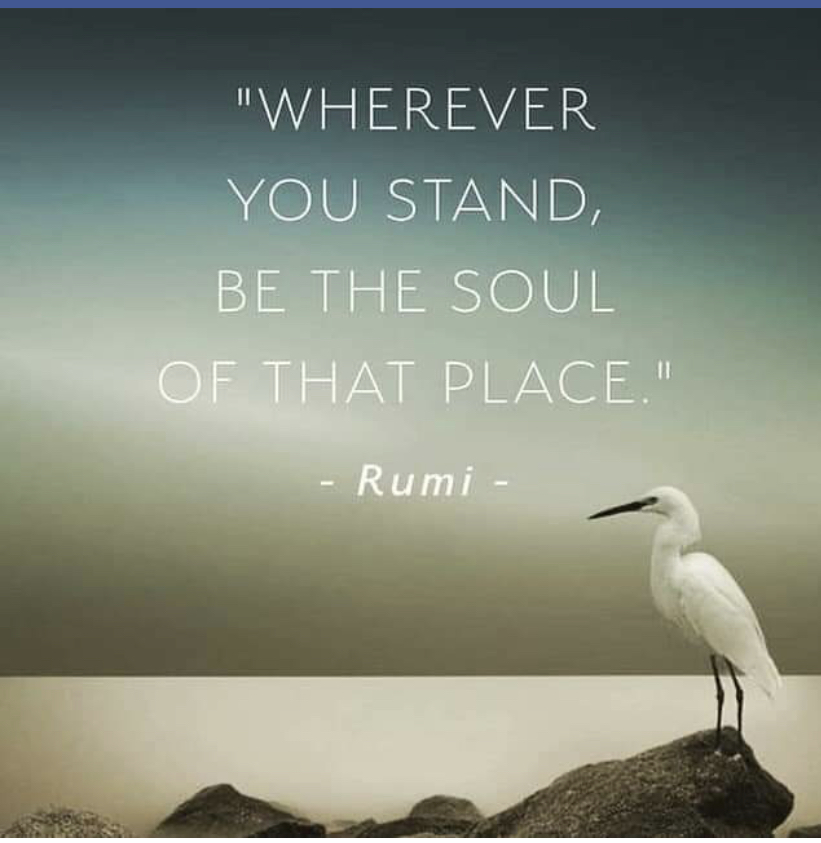Episode Transcript
Speaker 0 00:00:00 This is Joel Lesses of Unraveling Religion, and I wanted to welcome the Native American poet, playwright and musician, joy Harjo today. Wondering if you could give a little, just a little biography about yourself, uh, a little intro so that people, uh, could know a little bit more about you.
Speaker 1 00:00:15 I was born in Oklahoma, a member of the Muskogee Creek tribe went to left Oklahoma to go to escaped Oklahoma to go to Indian boarding school in the late sixties. It was an art school, so it was, uh, different than the usual boarding school scheme. So it was, it was helpful. I met young native artists from all over the country, and so we, um, that was, it was good. Uh, let's see. I started out, I loved music from the very beginning, and I got into, uh, but I walked away from it when I was about 14. I got into poetry when I was a student at University of New Mexico and met the very, the native writers, you know, who were, who would be the first wave of native writers of this, of this era, because there's always been ways of, of, you know, oralist of, you know, song makers and, and so on in our tribal communities.
Speaker 1 00:01:13 But I guess that you could call this a national wave. I met Simon Ortiz, Leslie sico, Jim Welch. Um, and so I, I learned to write poetry, which to me was like, it was like making songs on, on paper and in English. And then I, um, always wanted to play music. I loved saxophone, and I picked it up when I was almost 40 and started my first band and Joy Harjo and Poetic Justice, and I performed Spoken word. Then I started, I started playing, you know, and I played, learned to play sax on my first album letter from the end of the 20th century. I, um, the saxophone brought back singing to me, which I'd been lost and started singing. And I perform, I write, I write poetry. I'm in the middle of a memoir. I write, I've written stories. I write a column for my tribal paper.
Speaker 1 00:02:09 And I've performed, um, nationally and internationally. The last international performance, I think was in, was in India, in Calcutta, performed solo and with my band. And I, uh, wrote my first play on one woman show, wings of Night Sky Wings of Morning Light. And the first reading of it premiered at the public theater. And, you know, I'd just written it, I'd never written a play before then I performed it in LA at the Wells Fargo Theater as part of the Native Voices at the Auditory series, and I just performed it in Anchorage, and I'll be performing it in May at the public theater.
Speaker 0 00:02:47 And what was that process like? What was the process of, of how did you come to the process of the play and, um, writing it?
Speaker 1 00:02:55 Well, it was, I guess the idea was I had it going for a while because when, when I perform with music with a band, or even solo with a little bit of music, I always tell stories, or I usually talk in between the, the songs and tell stories or, or, you know, just, you know, so there's an on, it's an ongoing, I think of it like a ritual stream from the beginning to the end. I have some larger shape in mind. And as I'd been performing, I started thinking, well, it made that I should do a story art. And I decided to write a healing ceremony for, uh, character Brad Birdman. So, and so, that's basically what the play is. Now, everybody keeps assuming that it's all autobiographical and it's not right, but I have found that if any native woman performs or does a story, everybody assumes it's autobiographical.
Speaker 1 00:03:47 I did a, um, co-edited an anthology of native women's writing, and it included excerpts, novel excerpt, short stories, all kinds of writing. And, and whenever I've taught it, everyone assumes that it's, everything is autobiographical. And maybe it's the voice. I'm not sure the, I worked on the pl, I have all kinds of materials. I started kind of hammering it into shape and added the music. I've written some of the songs go with the play, and, um, Larry Mitchell performs it with me. And he always ha we always have a good time saying, well, he has a good time saying, well, I'm playing with Joy in a one woman show. <laugh> <laugh>.
Speaker 0 00:04:26 Oh, that's, that's cute. The show, unraveling Religion is really about, um, spirituality in, its, its, uh, most basic form and the many different shapes and in ways in which that thing that expresses us does express us and express things through us. And I was just wondering if you could speak a little bit about Native spirituality and what that means to you.
Speaker 1 00:04:51 I guess I'm not an expert on native spirituality. I can only address my own journey. And it's interesting that I, through, to me, that it, that's always been a very private part of my life. I've never, I don't really speak about it, is that I'm a member of the Muskogee people. It, the line goes through the mother. My mother is, is Cherokee from her mother, her mother, her mother and and so on. But I'm not a tribal member. I'm a tribal member of my father's people, and I've, a lot of what I have has come through them in terms of I belong, I'm a, a, uh, I'm gonna say a legal member. I'm an enrolled member. I am, uh, take part in my, uh, the tribal ceremonies, and I'm a part of that. So that's, that's important to me. I went to church as a kid because in kindergarten, well, we met, my mother would take us into a Methodist church once in a while, like on Easter and so on.
Speaker 1 00:05:51 But she was, you know, always working. And when in kindergarten, I was standing out, you know, we were leaving school, it was spring, it was almost, school was almost out. We were all excited to be almost near the end of school. And there were people from a church handing out, uh, flyers with suckers on them. And I was a sucker for Candy <laugh>, so I figured it was for vacation Bible school, and I figured there was more where that came from. So I went and, um, became part of that church for, until I was 13. And because I love the stories. I like the songs, and I like to think and talk about, you know, the divine. And that was, it's always been at the center of my heart to, it's, it's in the center of everybody's, but we don't always get, we get to it in different ways.
Speaker 1 00:06:41 I, I think that everything is sacred in some way or the other. Everything is part of the path. The path has, its, it's, it's a line that I wrote up on a Facebook recently. What is it? The Path has its own knowing. It has its own intelligence. Yeah. Intelligence, yeah. The path has its own intelligence. And, um, so I trust that. And at 13, you know, even though I, I, you know, I liked that I was, um, ostracized because I was Indian. A lot of the kids wouldn't sit with me, but there were some older people there who really, they had good hearts and they really helped. They helped keep me boy, you know, keep me Boyd there with their great love. And it was at a very difficult time in my life. So I clung to that. And I, you know, I loved singing and I liked being part of that, but it was never, it never fit quite right, because there was a lot of racism and the day that I left the church, and, uh, I always felt bad that I did not stand up When this happened.
Speaker 1 00:07:43 The preacher, uh, got, there was somebody brought into the church, some young, uh, Mexican in Mexican Indian girls, I guess, to save their souls. It was during the church service, and the pastor actually shied them from the pulpit in a very mean way. And it was very, I saw what was behind it. It was very racist. He didn't really want them there on my, I wanted to stand up and walk out, and I, I felt really bad when I didn't, because he made them leave. I wanted to leave and I didn't, but I never went back. And, uh, granted, yeah, you know, that's not every Christian and so on, but it doesn't quite work for me, especially given the history of, of, um, given the history. I have a great grandfather, Henry Marcy Hark, who preached, you know, Greek Indian. And I, I find that my spirituality or my sense of it is much larger than religion. It doesn't fit. I mean, I, you know, the buddhi, you know, I think the Buddhist have it, the Buddhist are pretty close to <laugh> to indigenous. Yeah. You know, indigenous ways of thinking, which are similar in, I think in the root ideology, or I don't even know that it's ideology and the root beliefs. Yeah. Everything is alive. Everything has a consciousness and, um,
Speaker 0 00:09:01 There, and therefore everything should be kind of respected and respected
Speaker 1 00:09:05 With respect and dealt with in that way
Speaker 0 00:09:08 And addressed. Yeah, definitely.
Speaker 1 00:09:09 Yeah. Yes. And I've learned through, and I usually don't talk about this in public, but I've done work with energy work, et cetera, et cetera, because you ha you have to know these things for yourself. Yes. It's important to try, you know, to use your common sense. I've watched the intelligence of the, of the body, of the organs and the body of the system. I've, I've watched the keen intelligence of the heart and, and, and the earth and plants, and, you know, it's, it's all there, but you're not gonna see it if you're, if you don't believe it, the world's going to respond to you according to your belief.
Speaker 0 00:09:45 That is exactly my belief too. Um, so it's very interesting that it is concealed in a way. If you do have a kind of faith, it will grow and demonstrate itself through the world. But, um, joy, I wanted to talk a little bit about, um, three words. Um, and we've touched on them a little bit. You know, I've been working with this idea, this notion of, um, of like our relationship with ourselves and the world around us, and, um, how there is a kind of disconnection in our society that is perpetuated through kind of the way that we both farm and eat the basic tenets of capitalism in many respects have this kind of disconnection, which leads to a lack of respect. Well,
Speaker 1 00:10:31 I agree. I agree that there is a great, how would you say it, it's so huge. The topic is huge, and I'm just trying to find a way in, I, I guess, you know, I, I've, I guess I could, I'll address it this way, in the eating habits, <laugh>. Yeah. You know, looking at the eating habits of, of, um, just from my childhood into what I see in the lives of my grandchildren, and that will show you. I mean, and even in the, in the eating habits of those, you know, those, even the generation before, and there were people when I was young, living, you know, living in those ways, you don't take anything for granted. There's, uh, you, you are part of the, you know, where food comes from. You're, you know, you have an intimate part of how your food gets from the earth to your table and to your stomach, and to the people.
Speaker 1 00:11:22 There's an intimate connection there. I remember going to get water with my grandfather, and we would ride in the back of his truck, and you can't do that now, but we would ride in the back of his truck with these big old, old milk cans, you know, and go to the springs and get water. And I'll never forget the taste of that water. It was living, yeah, it was living water. And then I contrast that with water from the faucets, which here in Albuquerque, the water used to be pretty good. And when I moved back here, they, they've ruined it. They've put, they've, you know, doctored it or ruined it with all kinds of chemicals. And it's, it's, uh, you know, it's, it's changed. It's not, it's, it doesn't taste like, of course it's living, but the water is sick.
Speaker 0 00:12:08 Yeah, yeah.
Speaker 1 00:12:09 And, uh, I think about that and the, the closer connection we didn't eat. And when I was a child, we didn't eat. Oh, yeah. We love candy and so on. But, um, it wasn't our everyday faire. We didn't eat, uh, we didn't drink pop. We call it pop or you know, you can call soda,
Speaker 0 00:12:27 Whatever. No. Call it pop in Western. Yeah.
Speaker 1 00:12:29 We didn't drink that every day either. That was a rare treat, you know, it was a rare treat to have pop, and at that time it was in glass bottles, which I think were probably better than aluminum. So, but it was a rare treat. It's not an everyday thing. And, um, you know, we had oatmeal. We didn't, there was boxed cereal, but I think the worst, you know, I guess the sugar cereal started then, and the whole push for, I remember when Kool-Aid came out, <laugh>, and that's what we lived on too, which is
Speaker 0 00:13:01 Sure, no,
Speaker 1 00:13:02 There's been a huge shift. So now I watch, you know, because it's a lot of pools on people's time, and it's, a lot of people eat out or they, they're not, and they're not eating genuine food. Things that are genuinely nourishment. And there's a big disconnect between, you know, the source of food and the, and the food with life and what, and the processed food that, um, that's giving everyone diabetes.
Speaker 0 00:13:30 Yeah. It's like a, we're pairing out the sacredness of what that intimate act is like, either feeding ourselves or just breathing. Like all these things we are, um, just the pollution is, is of, of our society is permeating.
Speaker 1 00:13:48 Um, and everybody has the wisdom within. Everybody has it. You talk to, if you were to sit and talk to anybody, and when they're getting ready to eat something that's not good, the body always tells you No, or, you know, it will give you a signal. You know, there's an immediate reaction, you know, it's an, it's an, there's an addiction.
Speaker 0 00:14:09 Yeah. It seems there's a, a, a momentum. A momentum. Right,
Speaker 1 00:14:13 Right. Yeah. And there's an addiction, you know, for inter there's all kinds of addictions going on. I think there's a big, um, it's one of those periods in the world of, of a great distance between, I have a light line in the play that which the grandmother's talking. She says, in those times, there weren't the distances between our hearts and minds as there is now. Yeah. These aren't just stories. They carry star maps. Yeah. The names of the, the names of the ancestors and how to live are hidden in them.
Speaker 0 00:14:46 Wow.
Speaker 1 00:14:48 If the stories are acknowledged and fed, they anchor the people. People, if they get lost or bent, unrecognizable, strange things happen, like incest takeovers by fools droughts, children killing each other, or water being sold in small bottles. Next thing you know, she said, we'll be buying air <laugh>, and then it goes on.
Speaker 0 00:15:08 I also wanted to go to the poem White Bear and talk a little bit about this. This line, all darkness is open to all light.
Speaker 1 00:15:17 Mm-hmm. <affirmative>, I don't know too much to say. It's interesting the process of creation, because you're basically, I don't know where everything comes from. I just know that, you know, once I get it down from wherever I'm bringing it in from, you know, the poetry stream that's particular to, you know, particular to my soul, to, you know, the place I'm from in this life to the influences, whatever, you know, the, the, my, my part then is to craft it, you know, and to listen, to keep listening, to find the right words, you know, I don't know exactly, but it certainly fits. And it, it's, you know, it continues to reverberate.
Speaker 0 00:16:00 I'm wondering how you feel about soul families beyond the boundaries of colors of people like that. Do you feel that there's a, a kinship, a connection beyond the, beyond the colors of people that, I'm just wondering if you could speak a little bit about it.
Speaker 1 00:16:16 Well, I think it's all about perspective. And if you look, it's all about perspective. And if you remember when that image, uh, if you go, you can trace back the environmental movement and, and world global consciousness to probably when that, uh, NASA image was released of the Earth, it was top secret for a while, that image. But when it was released into the public stream of consciousness, every it lit up, you know, the consciousness was lit up by it, because then you saw, whether you literally saw it or even understood it or believed it, the earth was and is a live being. You could see it almost breathing. And you could see the beautiful, the beautiful light being thrown from it, you know, that signifies a, a life, a held, you know, a a beautiful life, a being. And that, that image caused a great shift. It changed perspective. And when you can see, when you can get outside from that perspective, you don't see racist of people. You don't see, you know, cultural boundaries, and you don't see, um, political, you know, the lines of political division. And that's not apparent there. It's the earth in herself is the being. Yeah. We are, you know, we are like, uh, small, we're like the, um, cells, parts of the cells Yeah. Of the, of the being.
Speaker 0 00:18:02 Absolutely.
Speaker 1 00:18:03 And so I think, okay, that was, that's great. Now let's see the next one. Let's see the next perspective. Yeah. Yeah. I've gotten there a few times. I've been there a few times and been shown. And, um, it's even beyond that. There's, there's, there's perspectives beyond, that's way too mu too huge for our small human minds, although we get glimpses now and then
Speaker 0 00:18:27 The vastness of it all.
Speaker 1 00:18:29 Yes. Yeah. And so if you look with perspective, the idea of, of, you know, yes, there are differences. Yes. There's, you know, there are differences between, I mean, that's, that's what makes the world dynamic and exciting. Absolutely. If everything was the same, there would be no, there would be no life, there would be no, you know, electricity, electricity comes from challenge, from bumping up against something. So without those differences, there would be no life. It's when those differences are used to make judgments that have no basis in reality and to destroy and to demean. That's, you know, that's when it's, it's, you know, that, that in the universal law, that is evil. So we're here, it's a grand experiment. How do we, you know, what, what, what are we here for? And if we're, uh, a small part, a sale of earth, how do we do our dynamic part? Or are we a cancer and are we no longer going to be useful to earth? Then we will be destroyed or transformed because I, I believe that we're constantly, you know, our consciousness is con is being grown. Yeah. You know, we might be kick, dragged kicking and screaming, but
Speaker 0 00:19:46 It's, it's going <laugh>.
Speaker 1 00:19:49 And for some people it's slower and it's not going to be apparent in this lifetime. Yeah.
Speaker 0 00:19:54 But yeah.
Speaker 1 00:19:55 But it's being,
Speaker 0 00:19:57 But it is, it is all around us though. I mean, it is, we are, each moment is teaching. Each moment is sacred. Each moment is intimate. It is the reality that it is not seen, but it is, you know, it is all around us and, uh, and us and um, through us. And, uh, the, the teaching, the teaching never does stop. Let me ask you, so,
Speaker 1 00:20:17 And then my music works in the same stream. Cause music is, is like taking, speaking to another level and music gets into crevices of, of consciousness that, that's spoken doesn't always get to
Speaker 0 00:20:31 What is the most powerful story? You know,
Speaker 1 00:20:34 I would have to think about it. I can't really, I don't know that there would be one over any other. It depends on the time it's told when I've heard it. I don't know that I have a most powerful story ever told.
Speaker 0 00:20:47 I went to, uh, I went to school at Kent State University in, uh, Kento, Ohio. And, uh, I met a professor of creative writing there who, uh, introduced me to poetry and writing. His name is Ma Reagan. Yeah. I don't know if you remember him, but he remembers you distinctly from a reading that you did together. Uh,
Speaker 1 00:21:04 I read there about, it's been about 10 years ago.
Speaker 0 00:21:07 The way I got into your work was actually through Eagle Poem. That was in, um, a gathering of poets for the May 4th collection of Poetry. The line that really just sums everything up. It is encapsulating to me what it means to be a human being is we see, you see ourselves, and know that we must take the utmost care and kindness in all things. And, um, I just wanted to thank you for that joy, because that is <laugh>, you know, such a, um, the recognition of what that is and integrating that into one's experience. I just think that that's an amazing poem. So, um, but joy, I want to thank you for your time and, uh, if, uh, if the opportunity arises again, I would love to have you back on Unraveling Religion.
Speaker 1 00:21:54 Okay, great. Well, thanks for the interview and thanks for, um, listening. And, um, if anyone wants to find me, www.joy hark.com and I'm on Facebook.
Speaker 0 00:22:06 Thank you so much, joy for, for coming on today and also for just for all your efforts.
Speaker 1 00:22:11 Uh, okay. We appreciate it. Well, thank you. And you take care.
Speaker 0 00:22:13 Okay. You take good care of yourself, Uhhuh.
Speaker 1 00:22:15 Bye-bye.
